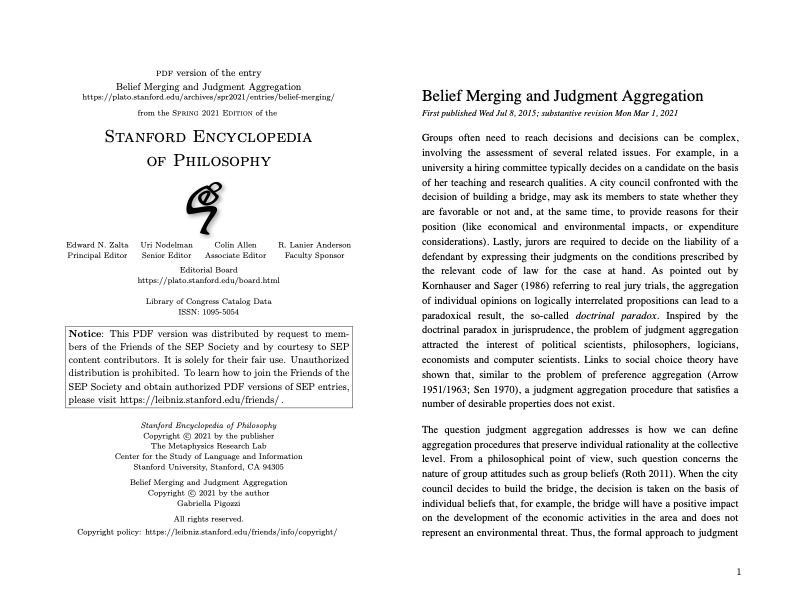
2021.09.05 : View this Review Online | View Recent NDPR Reviews
Philip Sidney Horky (ed.), Cosmos in the Ancient World, Cambridge University Press, 2019, 348pp., $99.99 (hbk), ISBN 9781108423649.
Reviewed by Daryn Lehoux, Queen’s University
The Greek word cosmos spans a famously broad and fascinating cluster of meanings. One morning I thought to look for some insight by checking its root meanings in Robert Beekes’ Etymological Dictionary of Greek. As it turns out, the deep history of the word is (perhaps fittingly) rather obscure. The current, “most probable” speculation ties it to a Proto-Indo-European root word that, if this account is correct, would have also given us the Latin censeo, ‘to assess, hold as an opinion, recommend.’ Beekes further gestures at what appear to be plausible Old Church Slavonic, Old Persian, and Sanskrit cognates that have to do with speaking and praising, a Middle Welsh verb for pointing something out, and to a postfix in Greek and Sanskrit…
Philip Sidney Horky (ed.), Cosmos in the Ancient World, Cambridge University Press, 2019, 348pp., $99.99 (hbk), ISBN 9781108423649.
Reviewed by Daryn Lehoux, Queen’s University
The Greek word cosmos spans a famously broad and fascinating cluster of meanings. One morning I thought to look for some insight by checking its root meanings in Robert Beekes’ Etymological Dictionary of Greek. As it turns out, the deep history of the word is (perhaps fittingly) rather obscure. The current, “most probable” speculation ties it to a Proto-Indo-European root word that, if this account is correct, would have also given us the Latin censeo, ‘to assess, hold as an opinion, recommend.’ Beekes further gestures at what appear to be plausible Old Church Slavonic, Old Persian, and Sanskrit cognates that have to do with speaking and praising, a Middle Welsh verb for pointing something out, and to a postfix in Greek and Sanskrit…
Read More
News source: Notre Dame Philosophical Reviews // News
Post Views: 248








